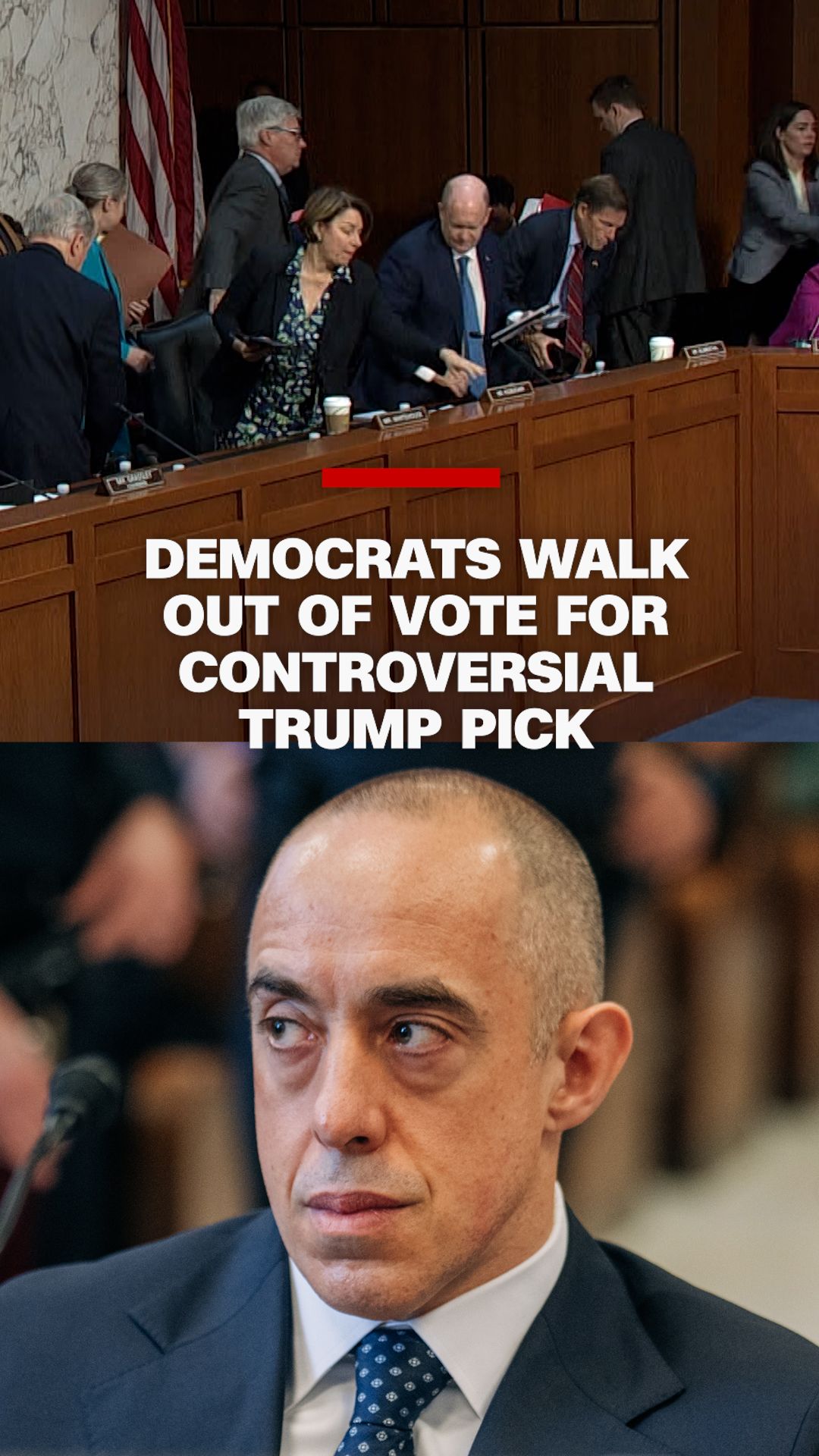Articles in this Cluster
19-07-2025
German Chancellor Friedrich Merz has admitted that Europe was 'free-riding' on the US for defence and security, but believes they are now on the same page as US President Donald Trump. Merz has met Trump three times since becoming chancellor and they are in regular contact. Merz has also strengthened defence ties with the UK, signing a friendship treaty that aims to tackle irregular migration and promote youth exchanges. The treaty also includes plans for joint export campaigns and the development of a missile with a range of 2,000km. Merz has also expressed concerns about US tariffs on EU exports and the need for Europe to be more independent in its defence.
Entities: Friedrich Merz, Donald Trump, Europe, Germany, UK • Tone: neutral • Sentiment: neutral • Intent: inform
19-07-2025
The article discusses President Donald Trump's recent shift in stance on supporting Ukraine in its conflict with Russia, from initially threatening to cut off weapon supplies to now showing enthusiasm for supporting Ukraine. The author views this U-turn as cynical but welcomes it as it could help Ukraine defend itself and potentially stabilize its weakening position.
Entities: Donald Trump, Ukraine, Russia, America, Europe • Tone: analytical • Sentiment: positive • Intent: inform
19-07-2025
Ukrainian President Volodymyr Zelensky has called for a meeting with Russia next week to push forward ceasefire talks, with Ukraine's Secretary of the National Security and Defense Council, Rustem Umerov, proposing the next meeting. The move comes after the last round of ceasefire talks in Istanbul ended abruptly in early June. Zelensky emphasized the need to improve negotiation dynamics and achieve a ceasefire, while Russia has put forward maximalist territorial demands as preconditions. The call for talks follows US President Donald Trump's offer to give Russia 50 days to achieve a ceasefire before implementing high tariffs on Russian goods.
Entities: Volodymyr Zelensky, Russia, Ukraine, Rustem Umerov, Istanbul • Tone: neutral • Sentiment: negative • Intent: inform
19-07-2025
The article discusses the escalating tensions between Russia and the West, particularly the US and NATO, over Ukraine. Former Russian President Dmitry Medvedev has threatened 'preemptive strikes' against the West as the US and NATO increase defensive support for Ukraine. President Donald Trump announced secondary tariffs on Moscow and plans to send Patriot missiles to NATO nations to be routed to Ukraine. Ukrainian President Volodymyr Zelenskyy has expressed concerns over the 50-day timeline given by Trump for Russia to enter into a peace agreement with Ukraine.
Entities: Russia, Ukraine, NATO, US, Donald Trump • Tone: neutral • Sentiment: negative • Intent: inform
19-07-2025
Russian officials have criticized NATO's new deterrence plan, dubbed the 'Eastern Flank Deterrence Line', as a 'declaration of war' and a threat to global security. The plan aims to enhance NATO's ground-based capabilities in the Baltic region to counter Russia's military presence, particularly in the Kaliningrad exclave. Russian officials, including Leonid Slutsky and Sergei Muratov, have warned of retaliatory measures, including nuclear doctrine, if NATO were to attack Kaliningrad.
Entities: NATO, Russia, Kaliningrad, Leonid Slutsky, Sergei Muratov • Tone: neutral • Sentiment: negative • Intent: inform
19-07-2025
Russian President Vladimir Putin remains committed to continuing the war in Ukraine despite significant erosion of Russia's global influence and economic costs. Putin's refusal to compromise has been seen as a strategic error by Western analysts, leading to a deterioration of Russia's relations with the West, loss of allies in the Middle East and Caucasus, and economic strain. The war has resulted in significant human costs, with estimated deaths and casualties reaching around a million by the end of the year. Putin's determination to continue fighting is viewed as driven by an emotional fixation rather than rational security interests. The conflict has also led to a shift in Russia's economy, with increased dependence on China and a significant allocation of its budget to defense and security.
Entities: Vladimir Putin, Russia, Ukraine, Donald Trump, NATO • Tone: analytical • Sentiment: negative • Intent: inform
